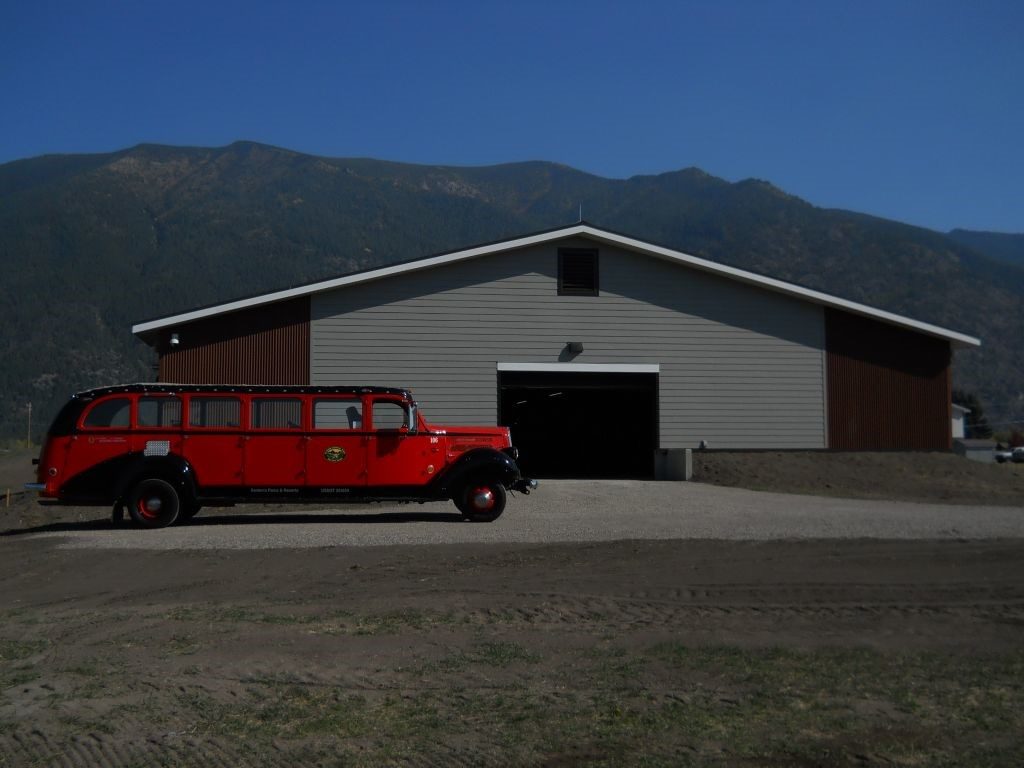By Sophia Valenzuela
Recycling. It’s a problem that has long plagued Montana—a state characterized by far-flung communities and small populations. It’s something that many Energy Corps members wrestle with every day. And this past month, I spent time working on an initiative to save glass recycling in the Flathead Valley, essentially the only place in Montana where it was still available.
There was a single facility here in the valley, New World Recycling, that owned the glass crushing machine necessary to recycle glass and had been operating for over a decade. They went out of business at the end of November and allowed their lease on county land to expire in the beginning of December. As a result, community members came together to try to find a way to save the recycling plant, and I found myself coordinating efforts between construction workers, nonprofit groups, and corporate executives all determined to make a difference. It was touching to hear stories of people driving for miles to reach the recycling facility simply because they very strongly felt the importance of reusing man-made materials. And it was inspiring to see the community coming together, with all the major players offering to set up fundraising campaigns or donate cash to pay for the machine in the interim so it could be moved to a new site and fixed up.
Even though things didn’t quite work out—despite our best efforts, the machinery was too poorly taken care of to be salvageable without a sizable chunk of cash, and the only person with the ability to transport it couldn’t afford to do so on his own–it was still a fascinating experience and taught me a lot about community organizing. Each group has different abilities and limitations, and I was able to get a first-hand glimpse into all of them. For example, local nonprofits usually don’t have huge amounts of resources. But they can sometimes have more flexibility with their cash than a large, for-profit entity like Xanterra, the concessionaire in Glacier National Park, because they don’t have to worry about investors or quarterly financial planning. However, nonprofits also adhere to a separate ethical code than for-profit businesses. This makes it difficult for them to justify funding a for-profit business venture, even though it’s a business that provides a huge amount of community value.
For now, commercial glass recycling may be finished in the Flathead. But with so many passionate and organized citizens, the fight for recycling will no doubt continue. Local business are already looking for ways to bolster the recycled glass market by incorporating glass cullet into artwork, landscaping, and construction. Although, as with many green initiatives, Montana is starting a little behind other states, lack of structural precedent can often lead to unique and innovative solutions and at the very least we can learn by example how best to make recycling a reality.








